Initially, Huston Vineyards sold its wines onsite at its tasting room along with a couple select off-premise sites. Since, the Idaho facility has added multiple distribution strategies for wholesale and Direct-to-Consumer shipping partners to expand on- and off-premise to include multiple states.
To help market to multiple tiers Hutson has created Private Reserve wines; Snake River Valley varietals; and the Chicken Dinner brand line-up.
“The past two years we have spent energy on our estate vineyards and adding some select estate wines to our portfolio,” explained Gregg Alger, a co-owner along with wife Mary. “We offer a variety of packaging options for our DTC and on-premise customers. In addition to 750 mL bottles, our Chicken Dinner brands can also be purchased in 20L kegs, 9L bag-in-box, and 1.5 L Astropouch.”
Two years ago, the company completed work on its own production facility.
“As we have grown, we found it necessary to be able to make more of our wines on site, rather than using custom crush facilities,” Alger said.
VINTNER: What has your winery changed because of the pandemic that you feel will stay long term and be a benefit for the company?
ALGER: Our staff training had to be taken to a new level to meet safety standards and implement a new way of serving guests in seated areas. We created a “concierge” position to greet guests, direct them to their seating area, and give them all of the information they needed to enjoy their tasting. The level of detail involved was time consuming, but ultimately worth the efforts to give our guests the best possible experience. We will continue to have the elevated training process we implemented during this time.
Our home delivery program exploded! People loved getting wine delivered to their doorstep from our “Chicken Van,” and we will definitely continue to provide that service. We are located on Chicken Dinner Road and our Chicken Dinner Brands are popular. We have a wrapped delivery van with our Chicken Dinner logo.
VINTNER: Who is your mentor in the industry and why? What have you learned from them?
GREGG ALGER: I am inspired by the way Robert Mondavi channeled his passion for wine into something much bigger. He was truly a pioneer in bringing a focus to crafting great wines centered around world class culinary and food options, building a regional brand and creating an agritourism experience for the Napa Valley.
Idaho’s and Snake River Valley’s list of wineries continues to grow, but we need to concentrate our efforts into providing more options like boutique hotel accommodations, culinary delights, and agriculture centric activities here in our AVA areas. The Sunnyslope Wine Trail and Destination Caldwell are two groups that I have worked with for the past decade to help create that environment here in Idaho. It is an ongoing effort, but I’m excited about the direction we are headed.
MARY ALGER: David Rafanelli, owner of A. Rafanelli Vineyards. We visited A. Rafanelli when we were first getting started in the business. David visited with us for a couple hours. He told us never to make hard and fast rules about what our vineyards and wines will do considering our product quality relies heavily on Mother Nature. He also taught us the importance of taking care of the guests in our backyard before setting sights on bigger markets further in distance. We took his advice to heart!
VINTNER: What idea did you or your team come up with lately that has been a big benefit to how your winery functions?
ALGER: During the pandemic we needed to use our creativity to interact with our club members and customers in new ways. Our Malbec has been a star in our line-up of wines and World Malbec Day is a signature event for us. We did not want to let it pass without fanfare in 2020. Our staff created a Virtual World Malbec Day which guests accessed via Zoom, and it was amazing!
We partnered with a local chef who prepared different menu options for pairing. Guests could download the shopping list and recipes and watch a chef demo on YouTube prior to the event, they could pick up ingredients from the chef to do their own cooking at home, or they could reserve a fully prepared meal to be picked up prior to the event.
We started the Zoom in our vineyard, discussing the growing year for our 2017 Malbec vintage, then talked and tasted through dinner and wine pairings with guest interaction. Our chef talked to the guests about his style and how he created the pairings and answered questions. We were able to reach friends from at least six states, some as far as 3,000 miles away.
VINTNER: If you had one business strategy that you could implement to better the wine industry, what would it be?
ALGER: A great continuing education program for all winemakers with brutally honest consultants. In a business where much of the quality of the product hinges on weather and environmental factors, it would be great to have a non-threatening, non-biased education system that helped coach new winemakers, identify problems, and figure out how to improve. For more seasoned winemakers, consultants could work on dealing with things like smoke taint or capitalizing on the hand you are dealt by the weather in any given vintage year. Elevating the quality of wines is a win-win for the industry as a whole.

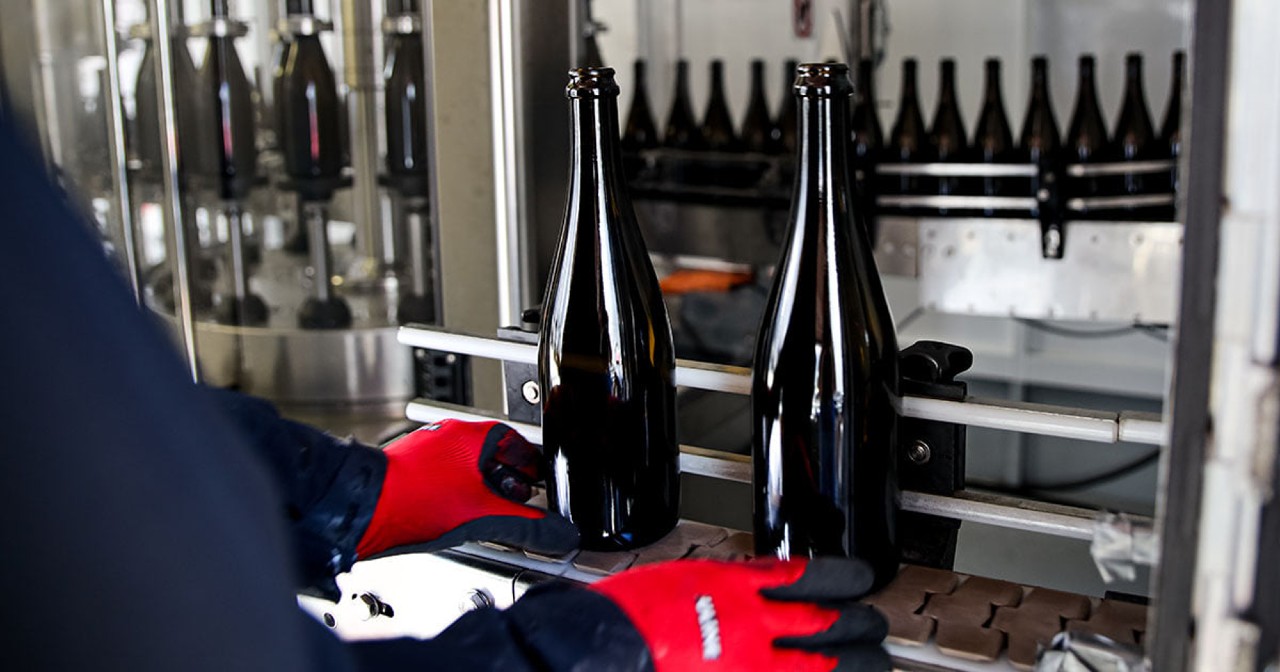
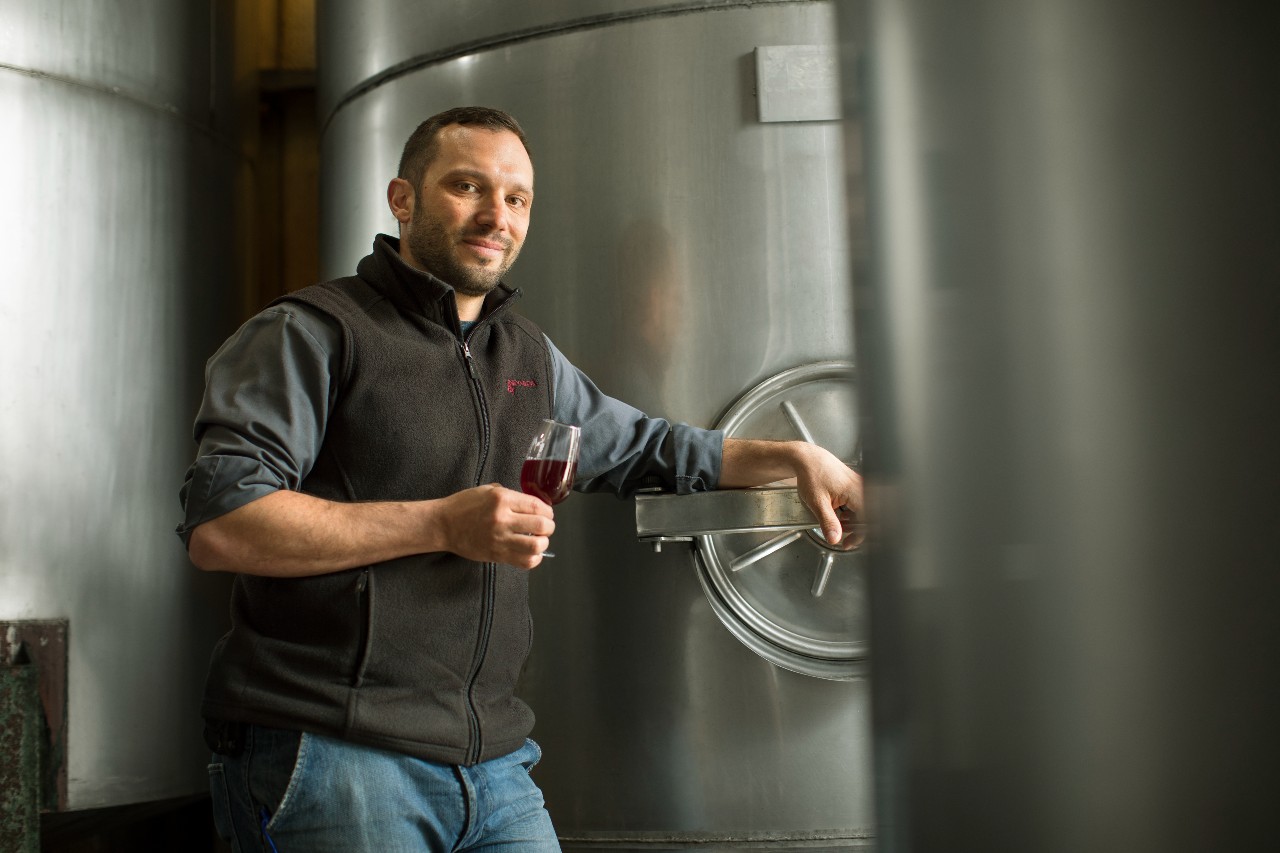
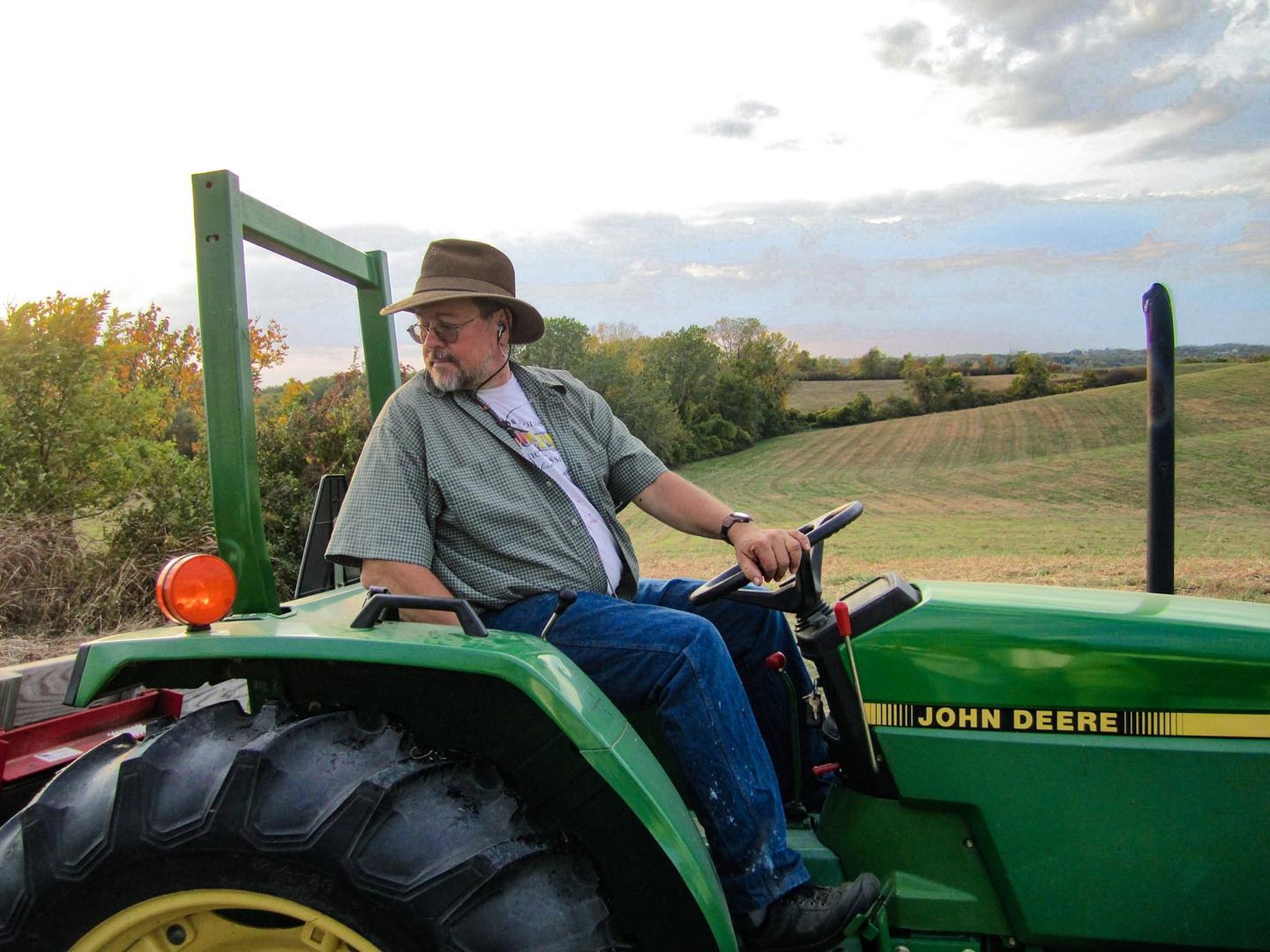
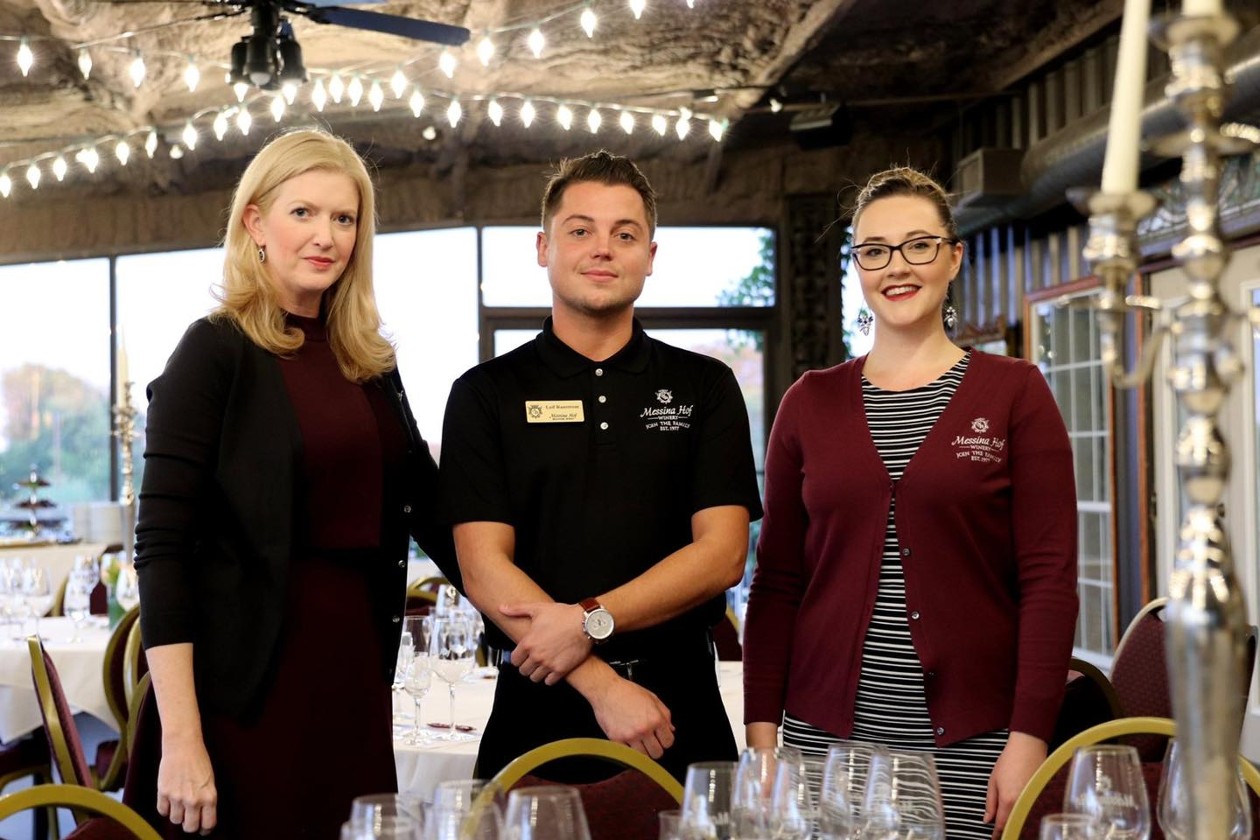
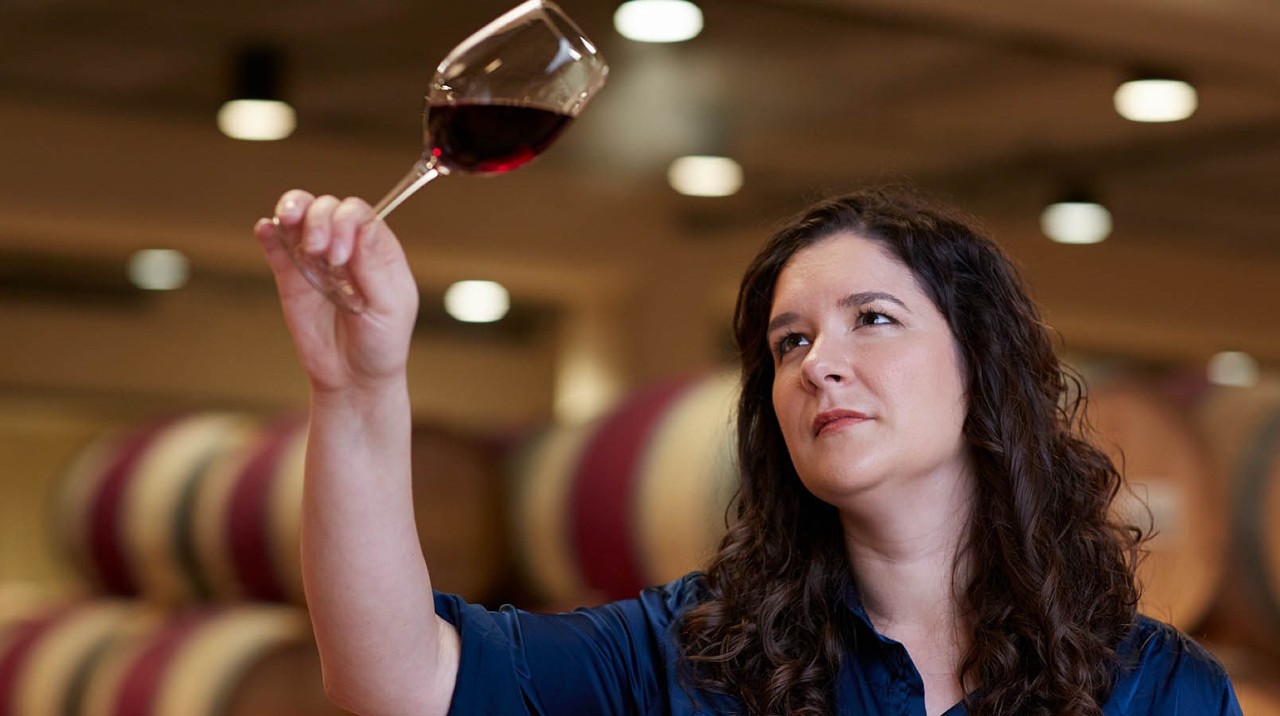

Be the first to comment